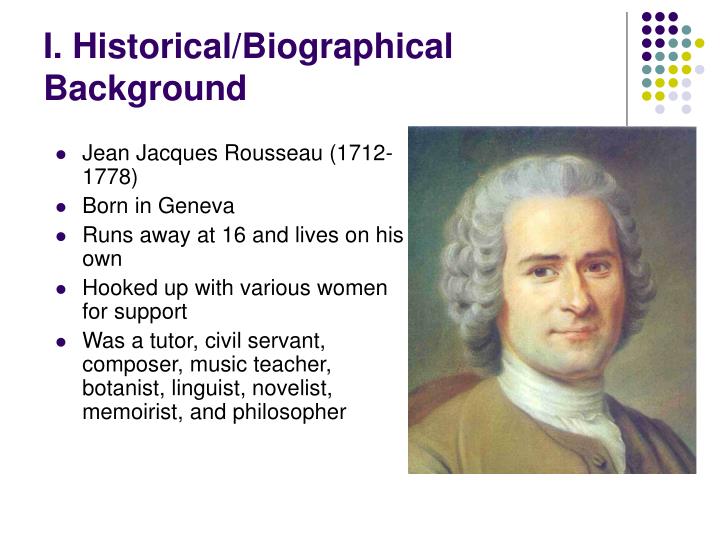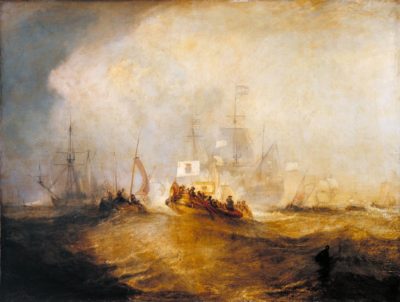



The second division is that of the government, being distinct from the sovereign. First, there must be a sovereign consisting of the whole population, which included women (in a way that was not practiced by almost all countries and so was quite revolutionary to suggest), that represents the general will and is the legislative power within the state. Rousseau posits that the political aspects of a society should be divided into two parts. His example with land includes three conditions that the land be uninhabited, that the owner claims only what is needed for subsistence, and that labour and cultivation give the possession legitimacy. Although the contract imposes new laws, including those safeguarding and regulating property, there are restrictions on how that property can be legitimately claimed. Rousseau argues that it is absurd for a man to surrender his freedom for slavery thus, the participants must have a right to choose the laws under which they live.

In this desired social contract, everyone will be free because they all forfeit the same number of rights and impose the same duties on all. A state has no right to enslave a conquered people. He concludes book one, chapter three with, "Let us then admit that force does not create right, and that we are obliged to obey only legitimate powers", which is to say, the ability to coerce is not a legitimate power―might does not make right, and the people have no duty to submit to it. The stated aim of The Social Contract is to determine whether there can be a legitimate political authority since people's interactions he saw at his time seemed to put them in a state far worse than the good one they were at in the state of nature, even though living in isolation. The epigraph of the work is "foederis aequas / dicamus leges" Let us set equal terms for the truce. Title page of a pirated edition of the Social Contract, probably printed in Germany.


 0 kommentar(er)
0 kommentar(er)
